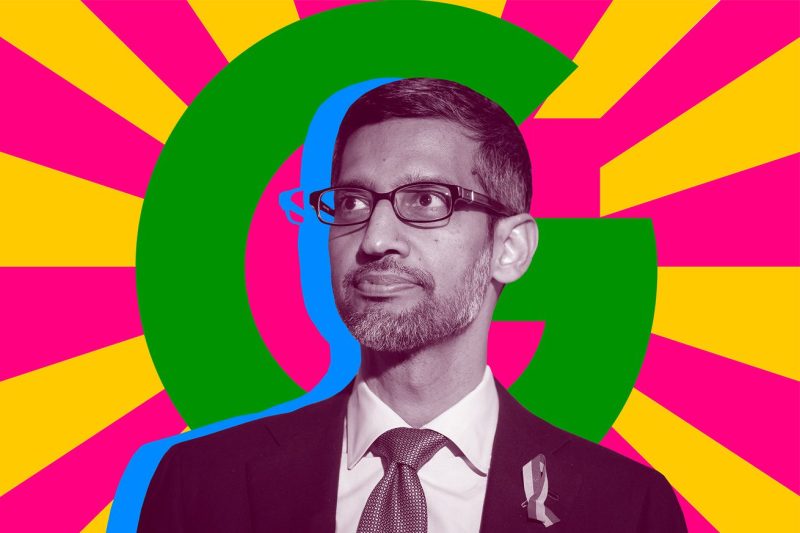The recent statement from Google’s CEO Sundar Pichai about the company needing to be a trusted source during elections has sparked discussions and debates about the role of tech giants in influencing democracy. This shift towards earning and maintaining trust in the electoral process highlights the increasing recognition of the impact that technology companies have on shaping public opinion and democratic outcomes.
One of the key points raised in Pichai’s statement is the importance of providing accurate information to users. With the vast amount of information available on the internet, there is a pressing need for platforms like Google to prioritize credibility and accuracy in the content they display. Misinformation and fake news have proven to be significant challenges to the integrity of elections, and tech companies have a responsibility to combat these threats by promoting truthful and reliable content.
Furthermore, Google’s commitment to transparency in political advertising is a crucial step towards ensuring that users are aware of the sources of information they are exposed to. By providing greater visibility into political ads and their sponsors, Google aims to enhance the accountability of advertisers and prevent malicious actors from manipulating public discourse through deceptive campaigns.
In addition to transparency, Pichai emphasized the importance of user privacy and data protection during elections. Safeguarding user data is essential in maintaining the trust of individuals who rely on platforms like Google for information and communication. By prioritizing privacy and security measures, Google can help mitigate concerns about data manipulation and unauthorized access that could potentially influence electoral outcomes.
Moreover, the call for Google to be a trusted source in elections underscores the broader issue of tech companies’ role in safeguarding democratic processes. As powerful arbiters of information and communication, these companies have a significant impact on shaping public opinion and political discourse. By fostering trust, promoting transparency, and safeguarding user privacy, tech giants like Google can contribute to a healthier democratic environment where individuals have access to reliable information and are empowered to make informed decisions.
In conclusion, Google’s CEO Sundar Pichai’s statement regarding the company’s role in elections reflects a growing awareness of the need for tech companies to prioritize trust, transparency, and user privacy in their operations. By taking proactive measures to combat misinformation, promote transparency in political advertising, and protect user data, Google can enhance its credibility as a trusted source during elections and contribute to a more robust democratic process. In an era where technology plays an increasingly influential role in shaping public opinion, it is essential for tech giants to embrace their responsibility in upholding the integrity and fairness of electoral systems.

























